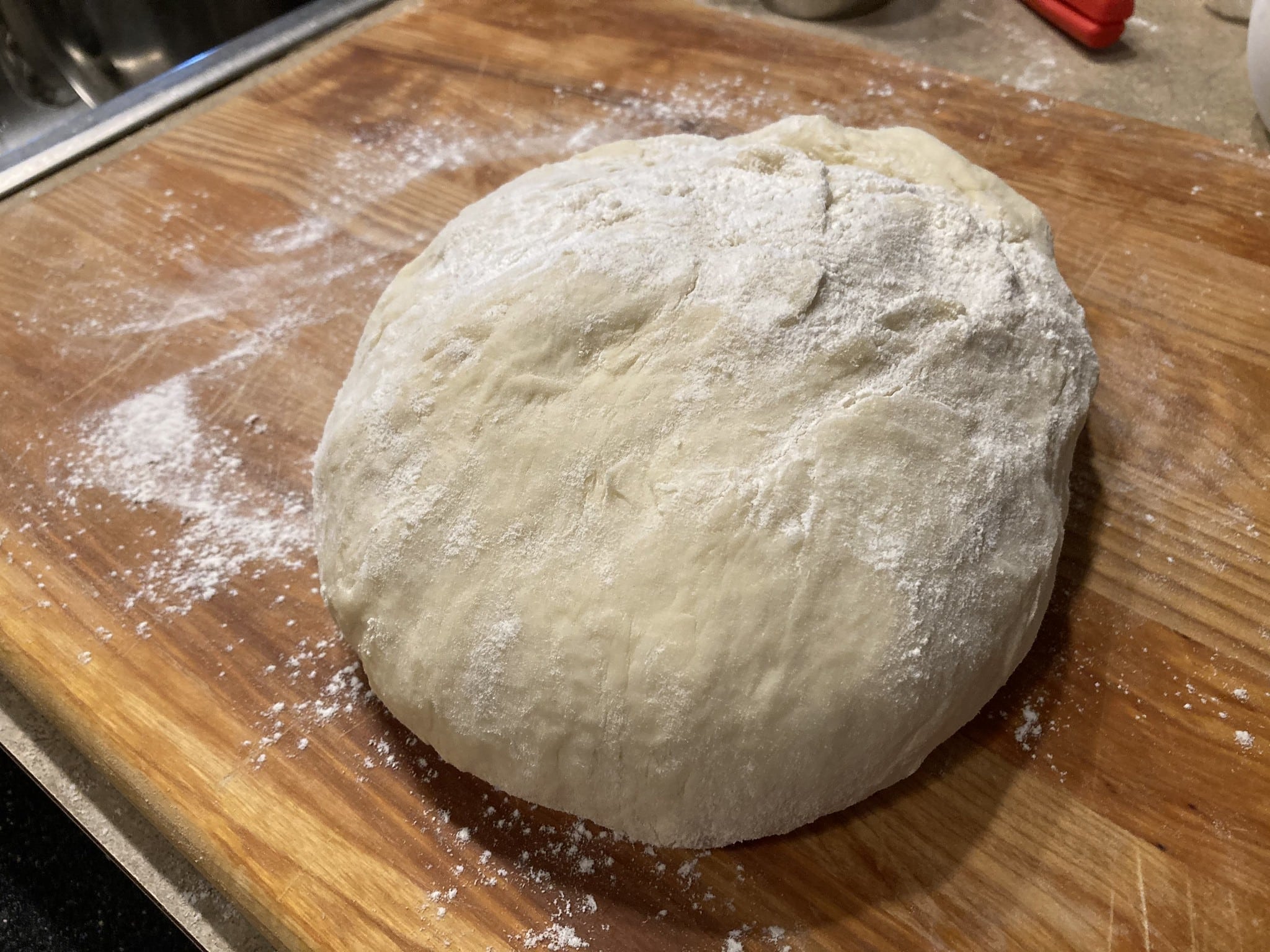5,000-Year-Old Bronze Age Bread Recipe Recreated in Turkey
Source: GreekReporter.com

Archaeologists in central Turkey have recreated what may be the world’s oldest baked bread from the Bronze Age, preserved under the entrance of a 5,000-year-old house in the ancient settlement of Kulluoba.
The flat, charred loaf – about 12 centimeters (5 inches) wide – was found during excavations near the ancient Greek city of Dorylaeum (Greek: Δορύλαιον).
Bronze Age Bread in Turkey survived due to burial and fire
“This is the oldest baked bread to have come to light during an excavation, and it has largely been able to preserve its shape,” said Murat Turkteki, head of the archaeological team. “Bread is a rare find during an excavation. Usually, you only find crumbs.”
Researchers say the loaf was placed beneath the threshold of a home built around 3300 B.C., possibly as part of a ritual. A piece had been torn off before it was burned and buried, leading archaeologists to suggest it symbolized a wish for abundance in the new dwelling.
Museum exhibit inspires revival
The discovery, made in September 2024, has since gone on display at the Eskisehir Archaeological Museum, drawing wide attention from the public and officials.
Eskisehir Mayor Ayse Unluce said she was moved by the find and worked with the excavation team to explore whether the ancient bread could be recreated. “Talking to our excavation director, I wondered if we could reproduce this bread,” she said.
Ancient recipe recreated with modern grains
Scientific analysis revealed the original loaf was made using coarsely ground emmer flour – an ancient type of wheat – combined with lentil seeds. A plant leaf, not yet identified, may have been used as a natural leavening agent.
In the Turkish city of Eskisehir, a 5,000-year-old loaf of bread uncovered by archaeologists is being showcased. The charred bread is believed to be the oldest known example of leavened and baked bread, according to excavation director Murat Turkteki
: AFP pic.twitter.com/3cb24zE645
— The New Region (@thenewregion) May 27, 2025
Emmer wheat no longer grows in Turkey, but researchers selected Kavilca wheat, a close relative, to replicate the recipe. Bulgur and lentils were also included.
At Halk Ekmek, a city-run bakery offering affordable bread, bakers now prepare 300 loaves of “Kulluoba bread” by hand each day. The 300-gram loaves sell for 50 Turkish lira (about $1.28) and have proven popular.
Locals line up for a taste of history
“I rushed because I was afraid there wouldn’t be any left,” said customer Suzan Kuru. “I’m curious about the taste of this ancient bread.”
5,000-year-old buried bread recreated, becomes bestseller!
In the early Bronze Age, a piece of bread was buried beneath the threshold of a house in what is today central Turkey. Now, more than 5,000 years later, archaeologists have unearthed it, and helped a local bakery to… pic.twitter.com/kqJwMaiGQH
— Amol Parth (@ParthAmol) May 28, 2025
Serap Guler, the bakery’s manager, said the bread is dense, filling, and preservative-free, with low gluten content. “The combination of ancestral wheat flour, lentils and bulgur results in a rich, satiating, low-gluten, preservative-free bread,” she said.
A lesson from the past in facing climate change
The find has also renewed local interest in ancient farming practices. Archaeologist Deniz Sari noted that while little is known about the people of Kulluoba due to a lack of written records, the settlement was a hub of trade, agriculture, mining, and crafts during the Bronze Age.
Unluce sees the rediscovery as a call to action in a region now facing growing drought. “We’re facing a climate crisis, but we’re still growing corn and sunflowers, which require a lot of water,” she said. “Our ancestors are teaching us a lesson. Like them, we should be moving towards less thirsty crops.”
The mayor now hopes to revive the cultivation of Kavilca wheat, known for its resistance to drought and disease. “These lands have preserved this bread for 5,000 years and given us this gift,” she said. “We have a duty to protect this heritage and pass it on.”
The original article: belongs to GreekReporter.com .
